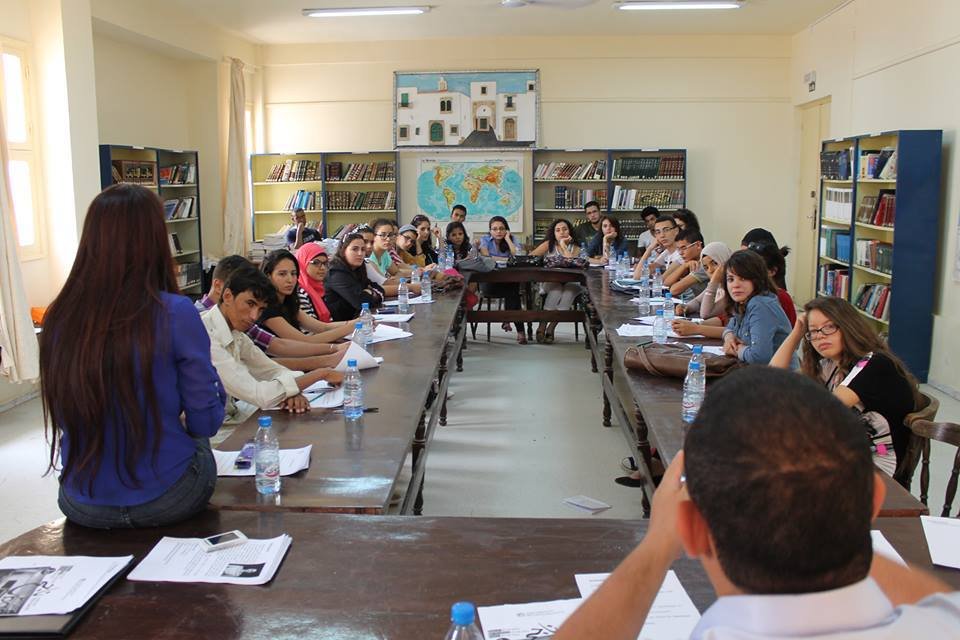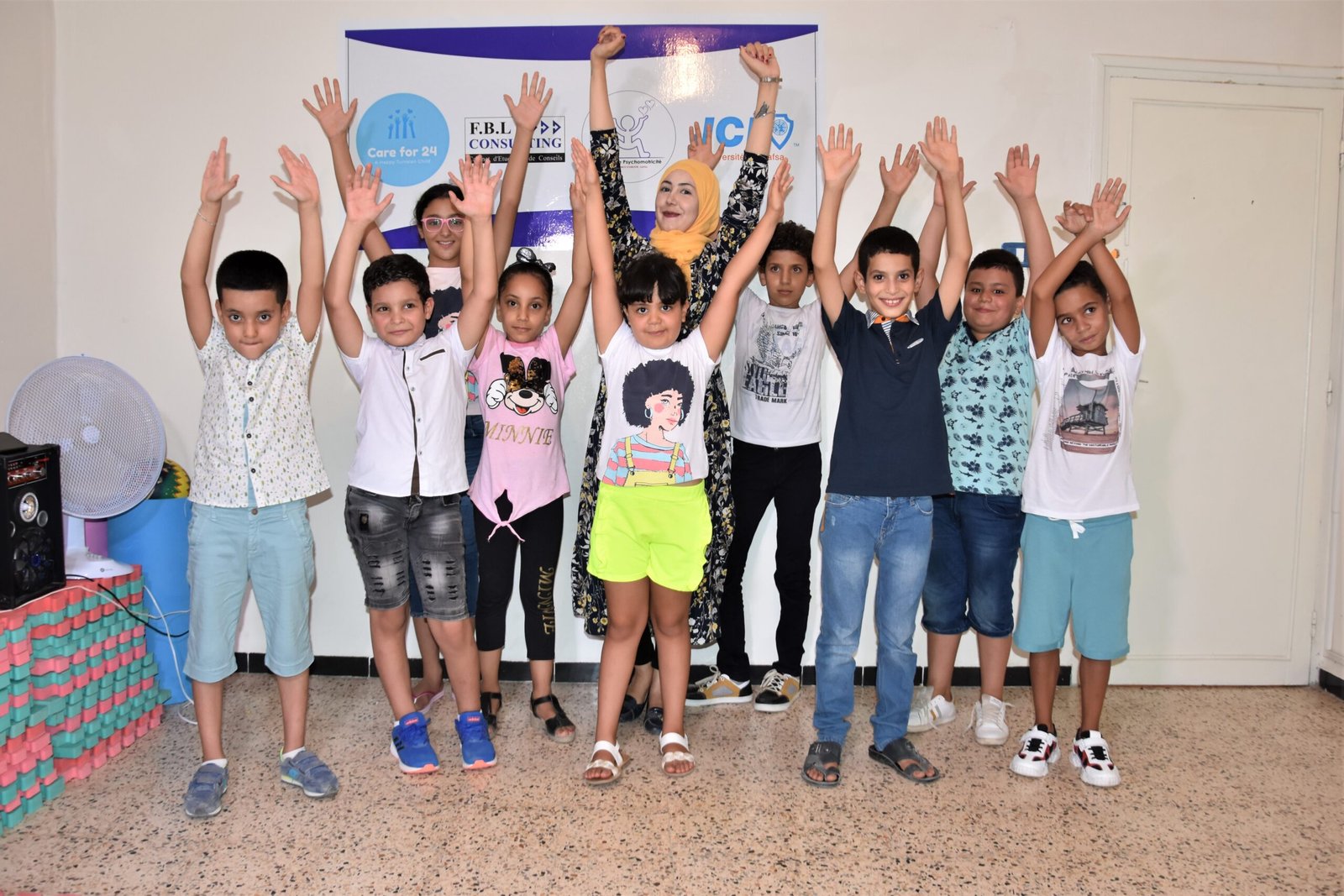Olfa Hamdi founded Care for 24 because, where others might have seen only struggle, she had the imagination to perceive opportunity.
She saw both struggle and opportunity in looking at her North African home country, Tunisia. Hamdi proudly calls it “the Arab world’s only democracy.” She likes to point out that the Arab Spring, which briefly promised a surge of democracy throughout the region, originated in the Tunisian city of Sidi Bouzid in December 2010.
Hamdi is prominent enough in Tunisia to have once been shortlisted for Minister of Foreign Affairs. But today, seated in her company offices in Palo Alto and Washington, D.C., and surveying the road Tunisia has traveled since the heady days of the Arab Spring, she sees a need to work outside of government to bring better times to her country.
She intends to do that by working on behalf of the nation’s children, who need serious help: 100,000 Tunisian children leave school early every year, a staggering number in a country of fewer than 12 million people.
Tunisia presents a case study in the fragility of formal democratic structures that are not supported by a stable economic foundation. Mohamed Bouazizi, the street vendor whose self-immolation ignited the Arab Spring protests, sought to dramatize his country’s lack of economic opportunity. Unfortunately, the lack has deepened over the last decade, feeding the frustrations of Bouazizi’s countrymen and perhaps putting their democracy in danger.
Having experienced firsthand how the entrepreneur-friendly climate of the United States can promote individual success, Hamdi is determined to help create the conditions that can give young Tunisians an economic foundation resistant to the threat of radicalization, violence, and desperation for youth. The stability of the economic foundation will depend on education.


